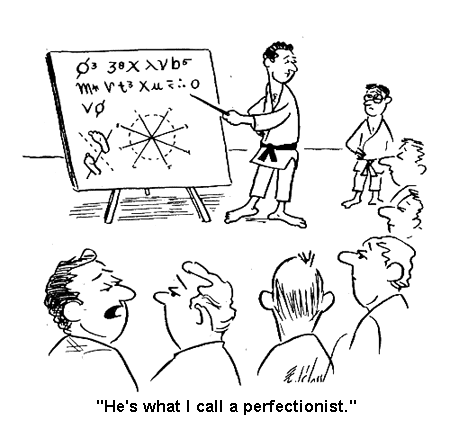
Many people think the goal of psychology is to understand what is abnormal and to "fix" mental problems. Those issues certainly have gotten a lot of attention. But over the past 10-15 years, some psychological researchers have tried to balance the focus of the field. Instead of just studying depression, for example, they have begin to try to understand happiness - what it is and how certain people achieve it.
This relatively new line of inquiry has been called "Positive Psychology." It is not itself a theory or type of therapy, but more of a guiding philosophy. According to the Positive Psychology Center at the University of Pennsylvania:
"Positive Psychology has three central concerns: positive emotions, positive individual traits, and positive institutions. Understanding positive emotions entails the study of contentment with the past, happiness in the present, and hope for the future. Understanding positive individual traits consists of the study of the strengths and virtues, such as the capacity for love and work, courage, compassion, resilience, creativity, curiosity, integrity, self-knowledge, moderation, self-control, and wisdom. Understanding positive institutions entails the study of the strengths that foster better communities, such as justice, responsibility, civility, parenting, nurturance, work ethic, leadership, teamwork, purpose, and tolerance."
Developments in positive psychology have strongly influenced my thinking and work in mental skills training and applied sport psychology with combat sport athletes. I do not search relentlessly for "problems", but I seek to identify strengths and virtues within a fighter that can be used to enhance his or her performance. I may help to teach certain skills and facilitate growth and new learning - I may even offer advice or ideas for consideration - but fundamentally, the athlete must do the work and create the transformation.
Lao Tzu says in the The Tao: "It is said of a good leader that when the work is done, the aim fulfilled, the people will say, "We did this ourselves..”
Many of the greatest advances in applied sport psychology have not come from intensive study of "problem" cases, but from studies seeking to understand winners, success, and expertise. Some combat sport athletes never consider consulting with a sport psychologist because, they say, "there is nothing wrong with me." Remember the discussion of fixed vs growth mindsets? (see previous post). The BEST are always striving to improve, not just to "fix" what may or may not be broken.
Here is a practical exercise you can try: Think about your current game (in fighting, grappling, wrestling, or whatever you do) and identify two specific goals you would like to accomplish in the next three months (feel free to refer to the article on Goal Setting). Next, write down what you consider to be three of your greatest personal strengths. Then, write a plan for how you can use your strengths to help accomplish the goals you have set. Write so that the link between the strength and the goal is clear and direct.
You might also consider exploring some of your own strengths and virtues in more depth. The more you know about yourself, the better you will be as a competitor.
You may want to start by looking at the broad array of FREE tests available to you HERE.
For more information on Positive Psychology generally, I recommend visiting the Positive Psychology Center by clicking on the image below:


